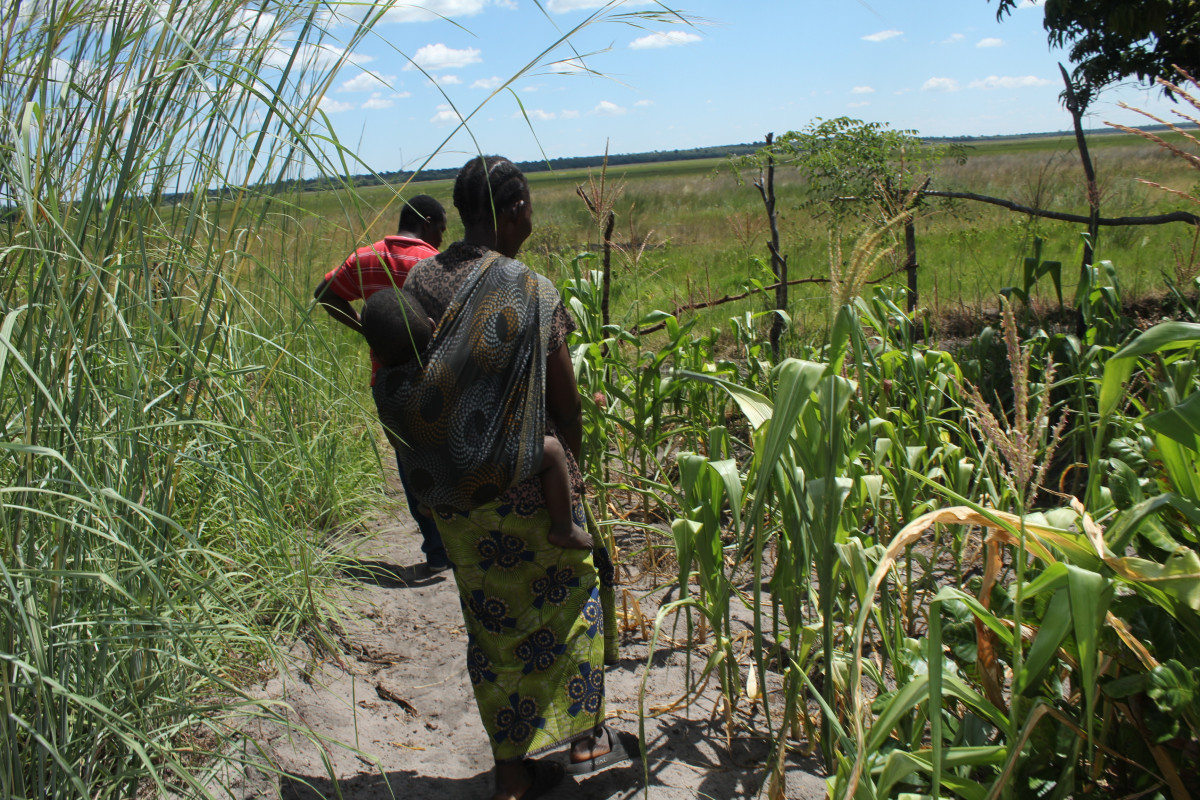Climate change exacerbates humanitarian crises
Published: Mar 19, 2024 Reading time: 3 minutes Share: Share an articleClimate change is exacerbating humanitarian crises worldwide. According to the World Health Organisation, over 3 billion people live in areas highly vulnerable to climate impacts like intense heatwaves, floods, droughts, and storms. By 2050, climate change could cause 250,000 additional deaths annually from malnutrition, disease, and heat stress. Key drivers of this climate variability include phenomena like the El Niño Southern Oscillation (ENSO) cycle.

El Niño Drives Climate Variability
The ENSO cycle causes abnormal warming (El Niño) and cooling (La Niña) of ocean temperatures in the tropical Pacific, triggering far-reaching climatic disruptions. While ENSO is naturally occurring, some research suggests climate change could influence the intensity and frequency of El Niño events. The resulting El Niño events have severe consequences, especially in regions prone to natural disasters like Africa, Latin America, and Asia. Intense droughts, crop failures, and water shortages induced by ENSO create cascading crises for agricultural productivity and food security in these areas.
Devastating Impacts on Farming Communities
For farmers in African countries where we operate, the impacts of climate change and El Niño droughts are devastating. In Zambia, signs of drought are emerging, and predictions indicate it may have long-lasting effects, disrupting millions of lives through crop failures, livestock deaths, and food and water shortages. Visits to affected regions show crops drying up, with fears that small-scale farmers will not be able to provide for their families. Beyond agriculture, drought degrades water sources, reduces biodiversity, and damages health and infrastructure. Lives and livelihoods hang in the balance. In response, the Republican President and the government, in accordance with the Disaster Management Act No. 13 of 2010 and other relevant legislation, declared the prolonged dry spell a national disaster and emergency.
Regional Agricultural Outlook
Unfavourable weather conditions across southern and eastern Africa pose severe crop and pastoral agriculture challenges. In Southern Africa, El Niño-linked forecasts predict below-average precipitation and warmer temperatures through March, likely reducing yields in key cereal production areas. Similarly, pastoral communities in southeastern Ethiopia face acute food insecurity due to the fifth consecutive season of failed rains that have resulted in widespread livestock deaths. While a few areas are faring better, such as the coastal region of Angola, which benefitted from increased rainfall, climatic impacts prevail throughout much of sub-Saharan Africa.
These climate shocks showcase the mounting struggles for farmers and pastoralists to cope with increased weather variability. The situation is driving high levels of crop failure, food and water shortages, livestock loss, and humanitarian crises across drought-stricken areas. Countries requiring monitoring and targeted assistance include Zambia, Angola, Mozambique, Ethiopia, and the regional regions facing increasing climate vulnerability. With predictions that climate impacts will intensify, urgent action is needed to build community resilience and adapt agricultural systems to enhance food security.
Urgent Adaptation and Mitigation Needed
The intensity of climate shocks shows an urgent need for adaptation, disaster risk management, and resilience-building. Communities require support to diversify livelihoods, adopt climate-smart agriculture, access early warning systems, and strengthen infrastructure against disasters.
We work to mitigate the impacts of natural disasters and help vulnerable communities become more prepared and resilient to these changes. In the last ten years, we have helped support communities facing natural disasters and other issues related to climate change around the world.
Global cooperation and reducing greenhouse gas emissions are essential to limit future impacts. Still, at the same time, assistance must increase to help vulnerable regions anticipate and adapt through disaster preparedness, risk reduction, and resilience building. Organisations like People in Need are on the front lines of this climate action.



